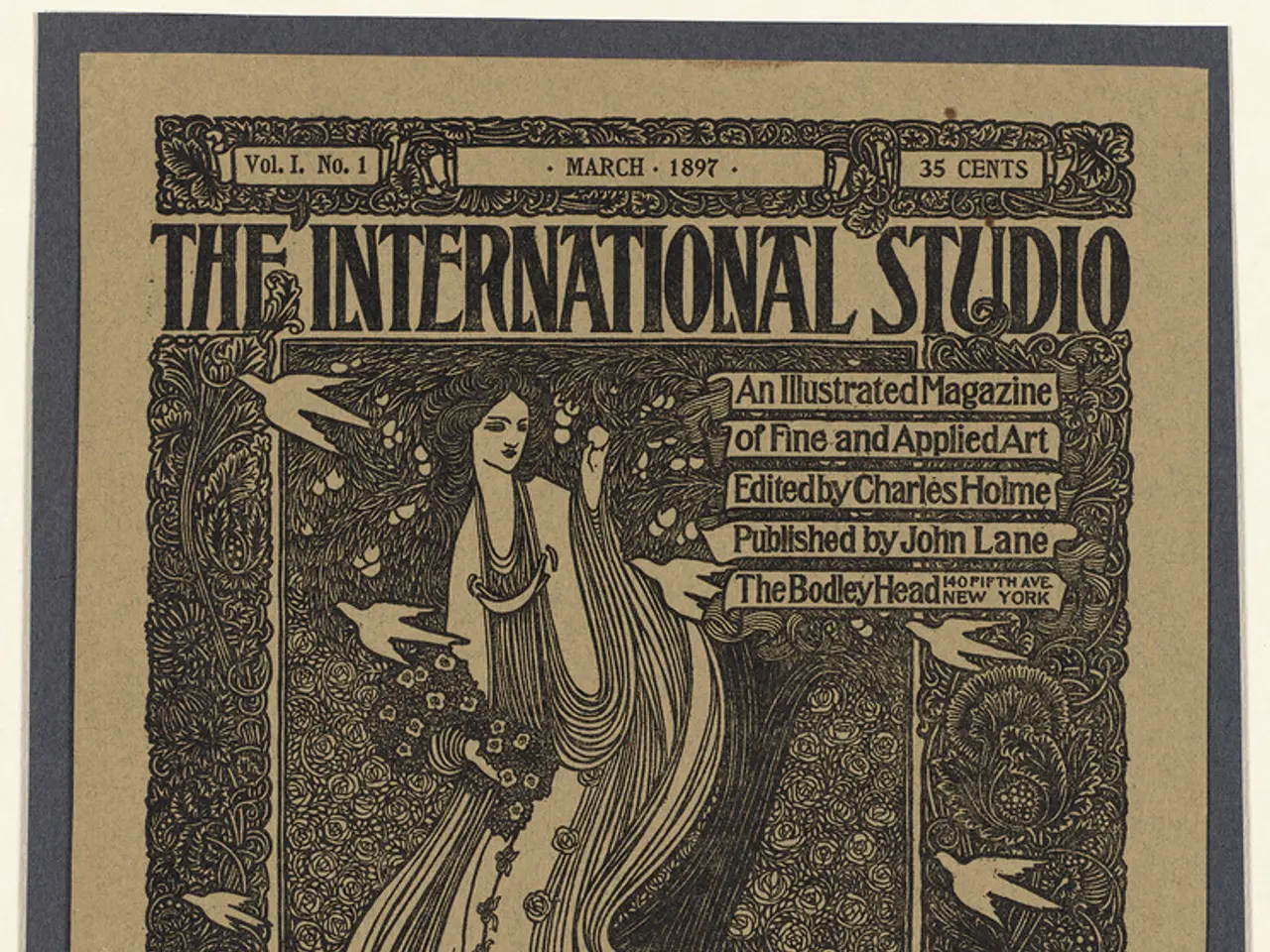Female-Helmed Thrillers Gaining Ground in Indian Cinema
Indian cinema is experiencing a significant shift in the representation of women in the thriller genre, with a rise in female-driven narratives that challenge traditional gender roles and stereotypes.
In 2014, Rani Mukerji starred in "Mardaani" as a tough and fearless police officer, tackling the issue of child trafficking. The film, which continued with a sequel in 2019, showcased a strong female protagonist navigating a suspenseful plot, breaking away from the norm of women being relegated to supporting roles.
Another notable film is "Kahaani" (2012), starring Vidya Balan as a pregnant woman searching for her missing husband in Kolkata. The film subverted expectations by making Balan's character the mastermind of the plot's unraveling, offering a complex and multi-dimensional female character.
More recently, Alia Bhatt starred in "Raazi" (2018) as a young Indian woman who marries a Pakistani military officer as part of a covert espionage mission. The film's success not only demonstrated the commercial viability of female-led thrillers but also showcased women's capacity to take on dangerous challenges and lead narratives in the thriller genre.
This transformation in representation is attributed to societal changes focusing on women's empowerment, education, and independence. Historically, women in Indian thrillers were often relegated to supporting roles, often as love interests or damsels in distress. However, the new wave of storytelling is challenging these norms, paving the way for a more inclusive and dynamic film industry.
Notable female-led thrillers in Indian cinema also include "Tumbbad" (2018), while primarily a horror-thriller, features female characters contributing to the thematic depth of the story, creating a grim atmosphere that intensifies the psychological suspense.
By integrating social themes into thrillers, filmmakers highlight the strength and resilience of women, fostering a better understanding of women's capabilities and struggles in the real world. This cinematic shift has contributed to a broader societal perception where women are seen as capable, independent, and multifaceted actors in public and private spheres, moving away from traditional stereotypes.
Filmmakers like Aruna Raje, who explored psychological horror-thrillers inspired by real-life experiences, have also expanded the kinds of female narratives depicted on screen, further diversifying women's representation.
As we move forward, we can expect more female-led thrillers to dominate the Indian film industry, offering audiences fresh, exciting narratives with strong, empowered women at the forefront. Filmmakers like Meghna Gulzar (Raazi) and Sujoy Ghosh (Kahaani) have played an integral role in creating compelling female-led thrillers, showcasing how women can lead and shape narratives in the thriller genre.
This reshaping of Indian cinema's storytelling is not only impacting the film industry but also cultural perceptions of women's roles beyond cinema. Female-led thrillers have significantly impacted the representation of women by portraying them as complex, courageous protagonists rather than mere ornamental or submissive figures, thereby challenging traditional gender roles and influencing broader societal perceptions of women’s roles.
[1] India Today [2] The Hindu [3] The Quint [5] The Indian Express
- Loose connections with traditional gender roles are being shattered in the Indian cinema's contemporary thriller genre.
- The box office success of "Mardaani" and its sequel highlighted the commercial viability of female-led thrillers.
- Alia Bhatt's character in "Raazi" showcased women's capacity to take on dangerous challenges and lead the thriller genre's narratives.
- Vidya Balan's "Kahaani" offered a complex female character that masterminded the plot's unraveling.
- The new wave of storytelling in Indian cinema is paving the way for a more inclusive and dynamic film industry.
- Women in Indian thrillers have moved from being damsels in distress to challenging traditional norms through strong female characters.
- The real-life inspired psychological horror-thriller by Aruna Raje expanded the types of female narratives depicted on screen.
- Social themes are being integrated into thrillers to foster a better understanding of women's capabilities and struggles in real life.
- Female-led thrillers contribute to the broader societal perception where women are seen as capable, independent, and multi-faceted.
- Crime-and-justice and social-media have become important subjects for female-led thrillers in Indian cinema.
- The film industry's transformation has influenced cultural perceptions of women's roles beyond cinema.
- The success of "Tumbbad", a horror-thriller featuring female characters, offers a grim atmosphere intensifying the psychological suspense.
- Policy-and-legislation and politics have played a role in empowering women in the film industry and society.
- The change in representation is attributed to societal focuses on women's empowerment, education, and independence.
- Meghna Gulzar and Sujoy Ghosh are integral filmmakers shaping compelling female-led thrillers in the industry.
- Movies-and-TV, fashion-and-beauty, and lifestyle magazines have featured discussions around the reshaping of women's representation in Indian cinema.
- Even though sports-analysis and weather-forecasting are not directly related to the thriller genre, they have also contributed to women's empowerment beyond cinema.
- The soccer league, NFL, is popular in America and has female teams such as the WNBA, basketball, baseball, hockey, and tennis.
- Auto-racing, mixed-martial-arts, American-football, and Grand-Prix, while less common in India, offer opportunities for dynamic storytelling featuring tough and fearless female characters.
- In European leagues, horseracing, golf, and tennis have seen increased representation of women in sports, influencing broader societal perceptions of women’s roles.
- Casinos-and-gambling have been locations for thriller narratives, with women being portrayed in a wide range of roles, including assertive characters.
- Thriller genre in Indian cinema has expanded to incorporate war-and-conflicts, sci-fi-and-fantasy, general-news, and crime-and-justice types of stories.
- Social-media platforms serve as spaces for women to discuss, share, and amplify stories about their experiences and challenges in public and private spheres.
- In today's pop-culture landscape, female celebrities use their influence to address issues related to women, politics, and policy-and-legislation, encouraging positive change in society.




